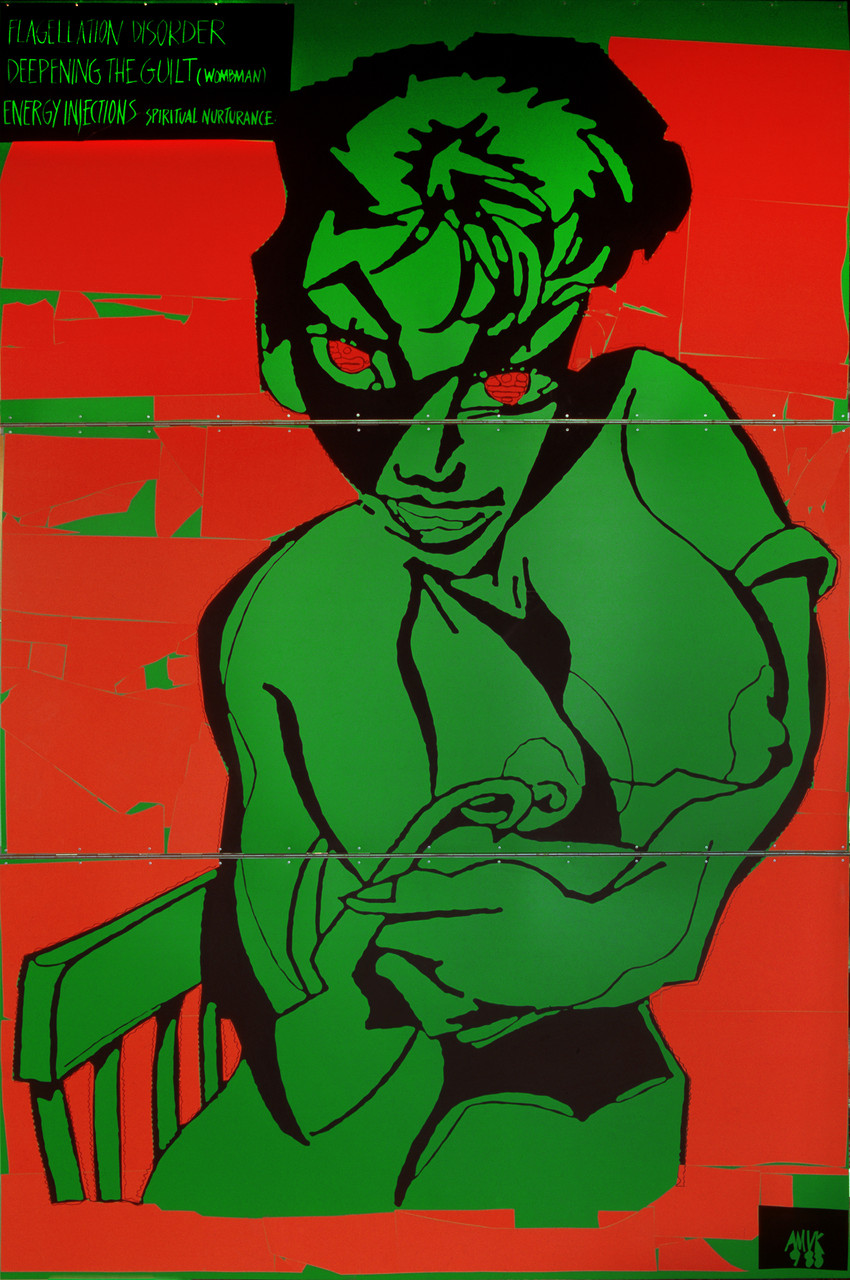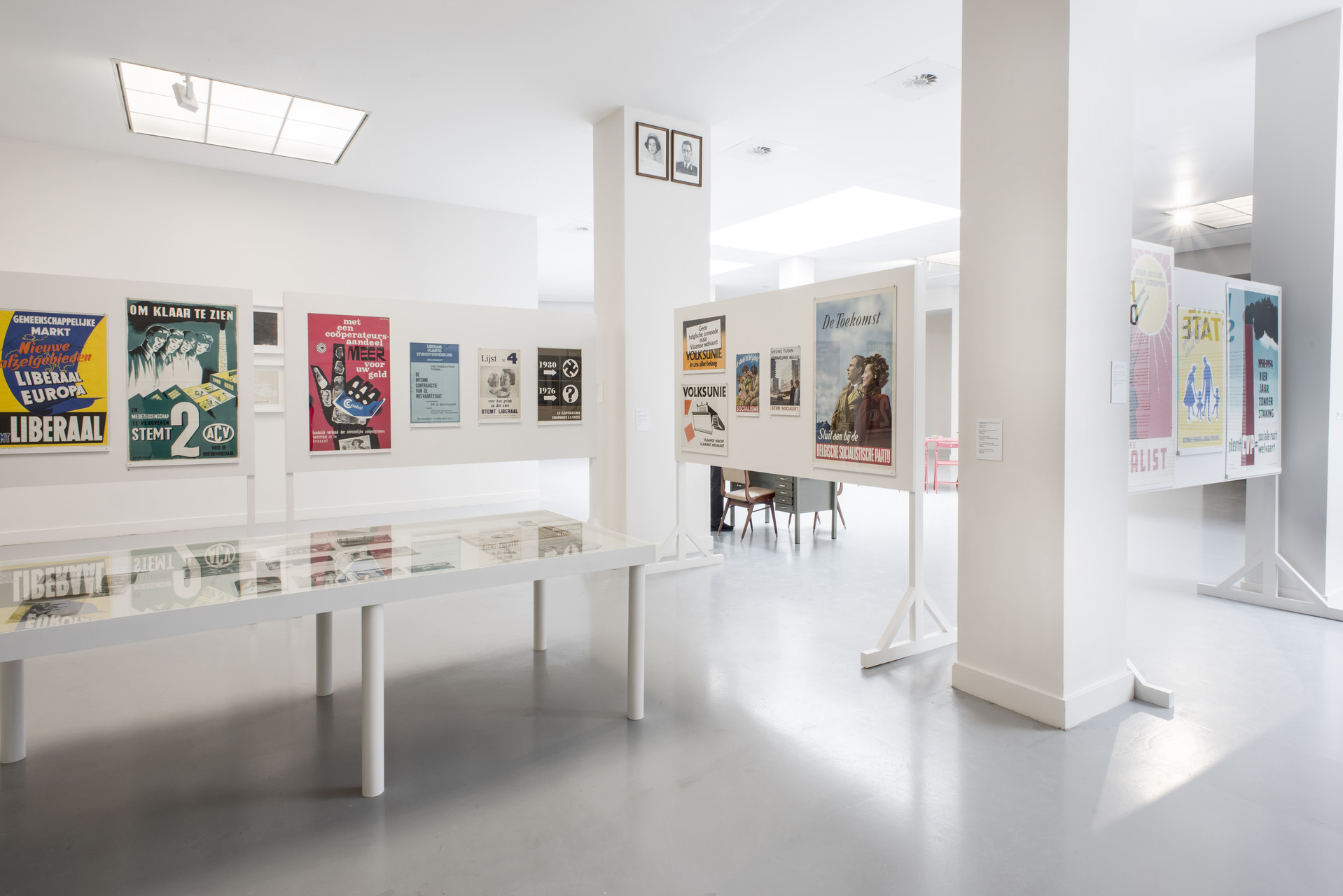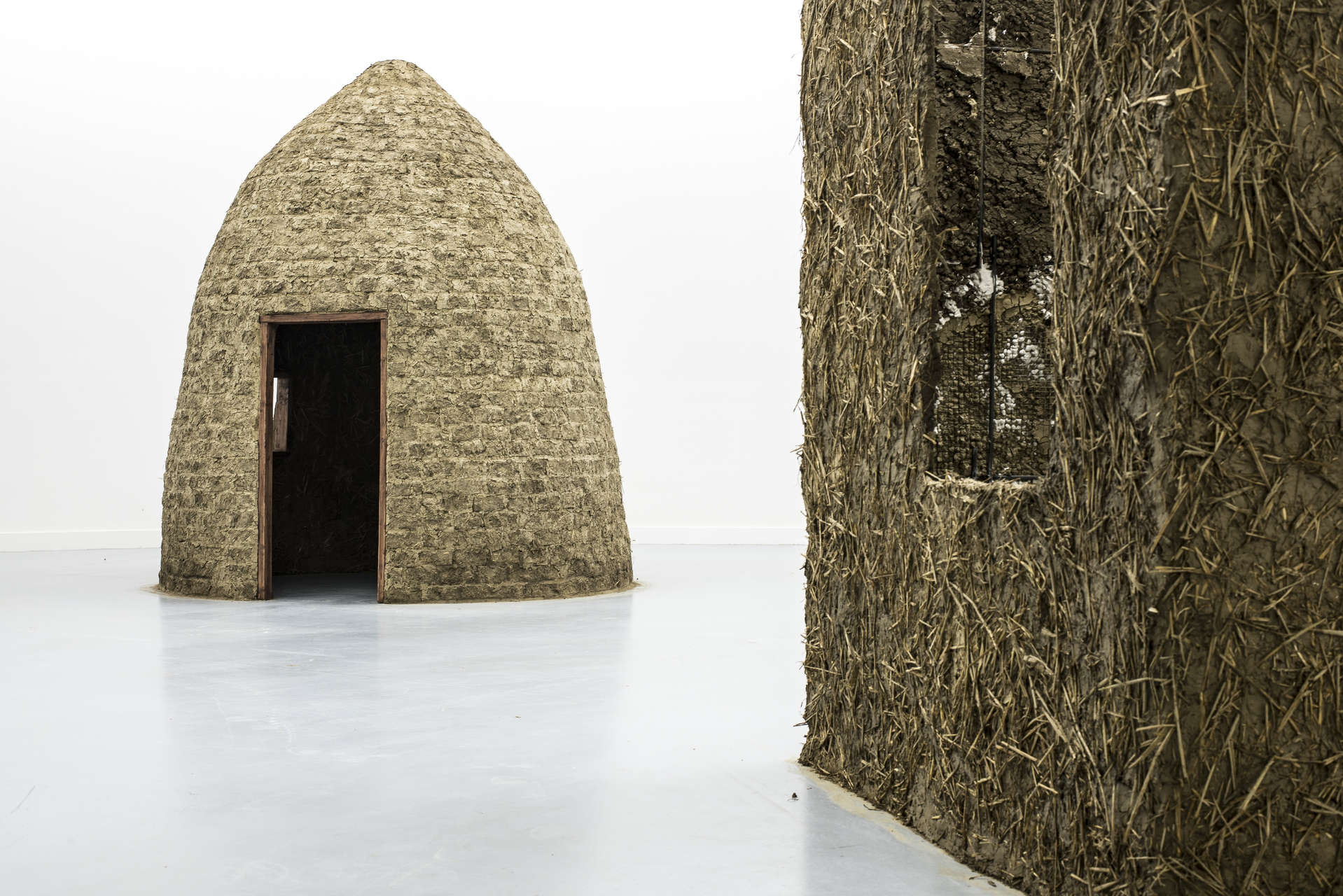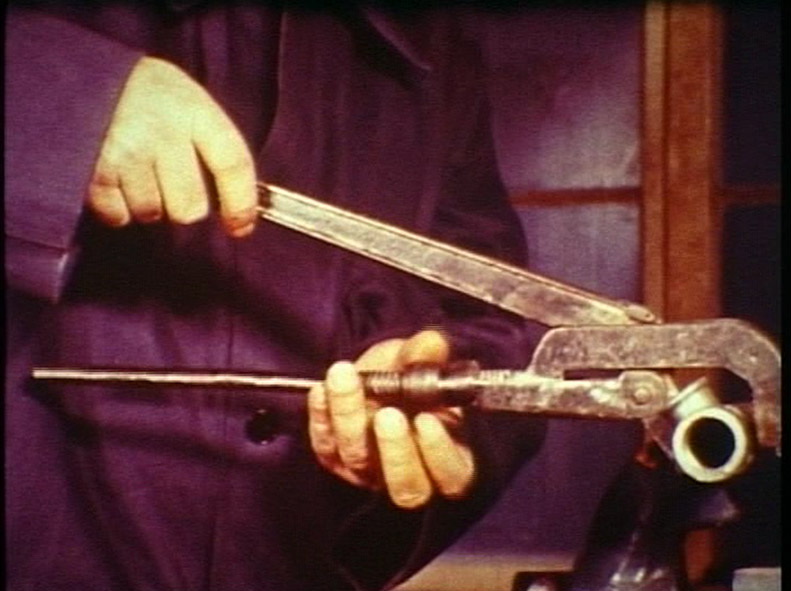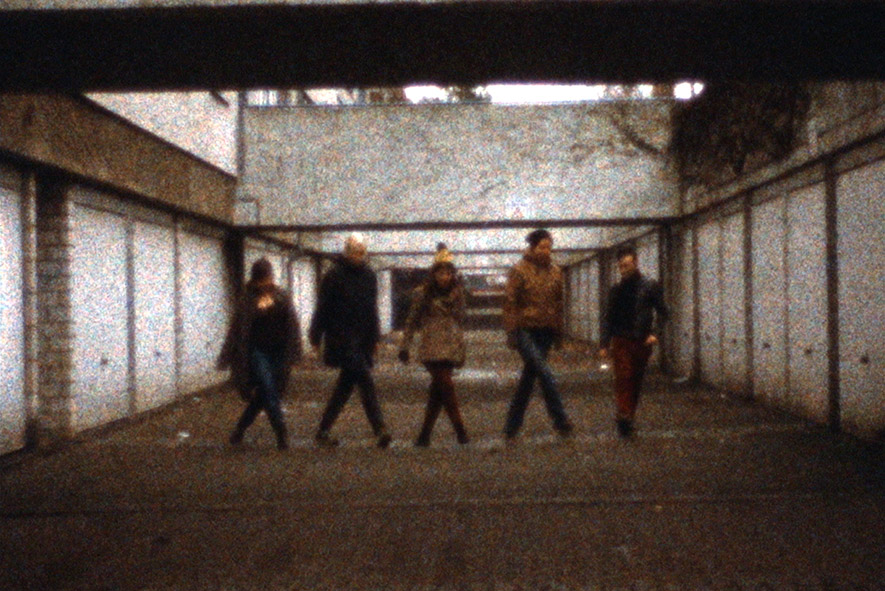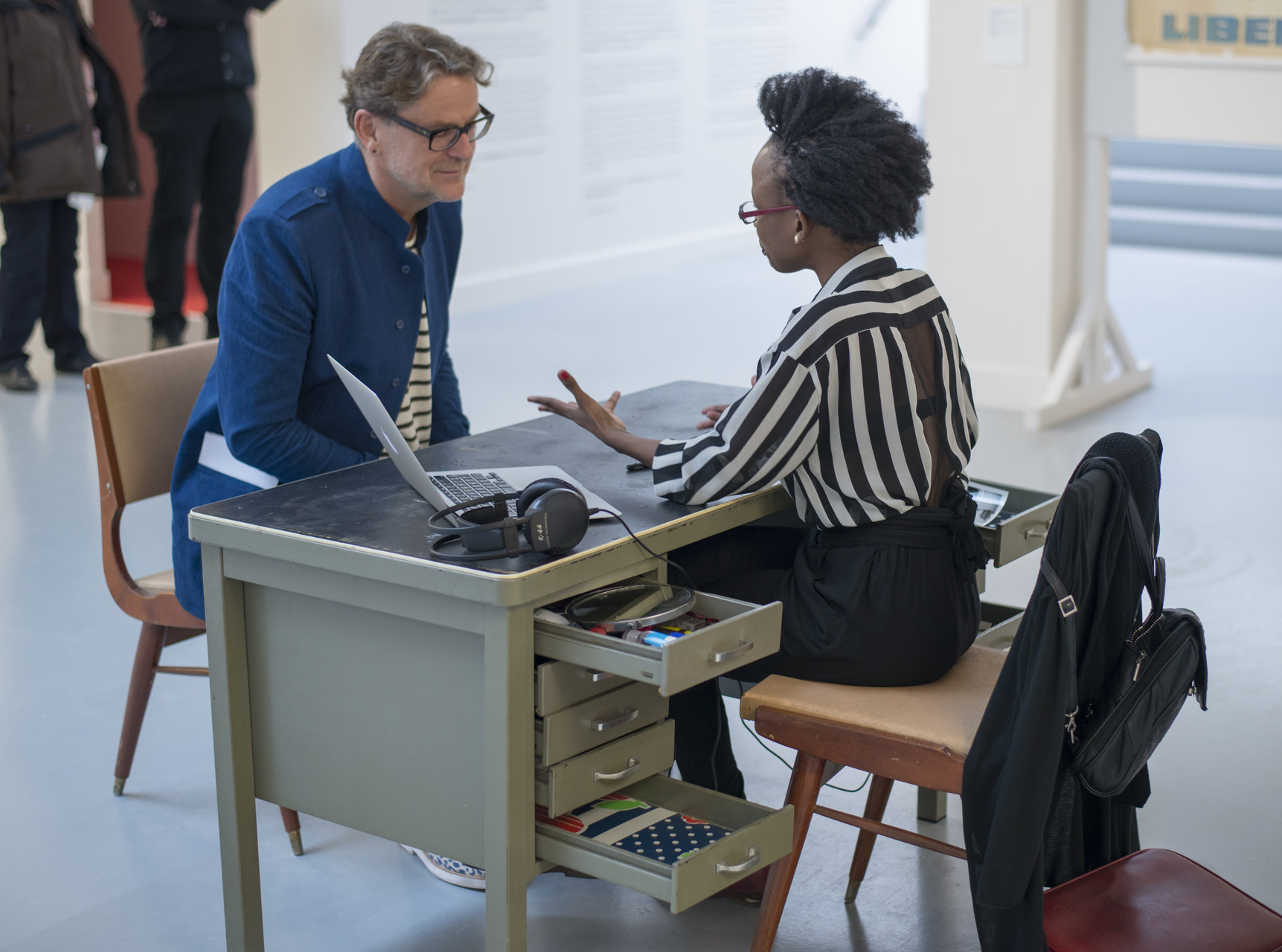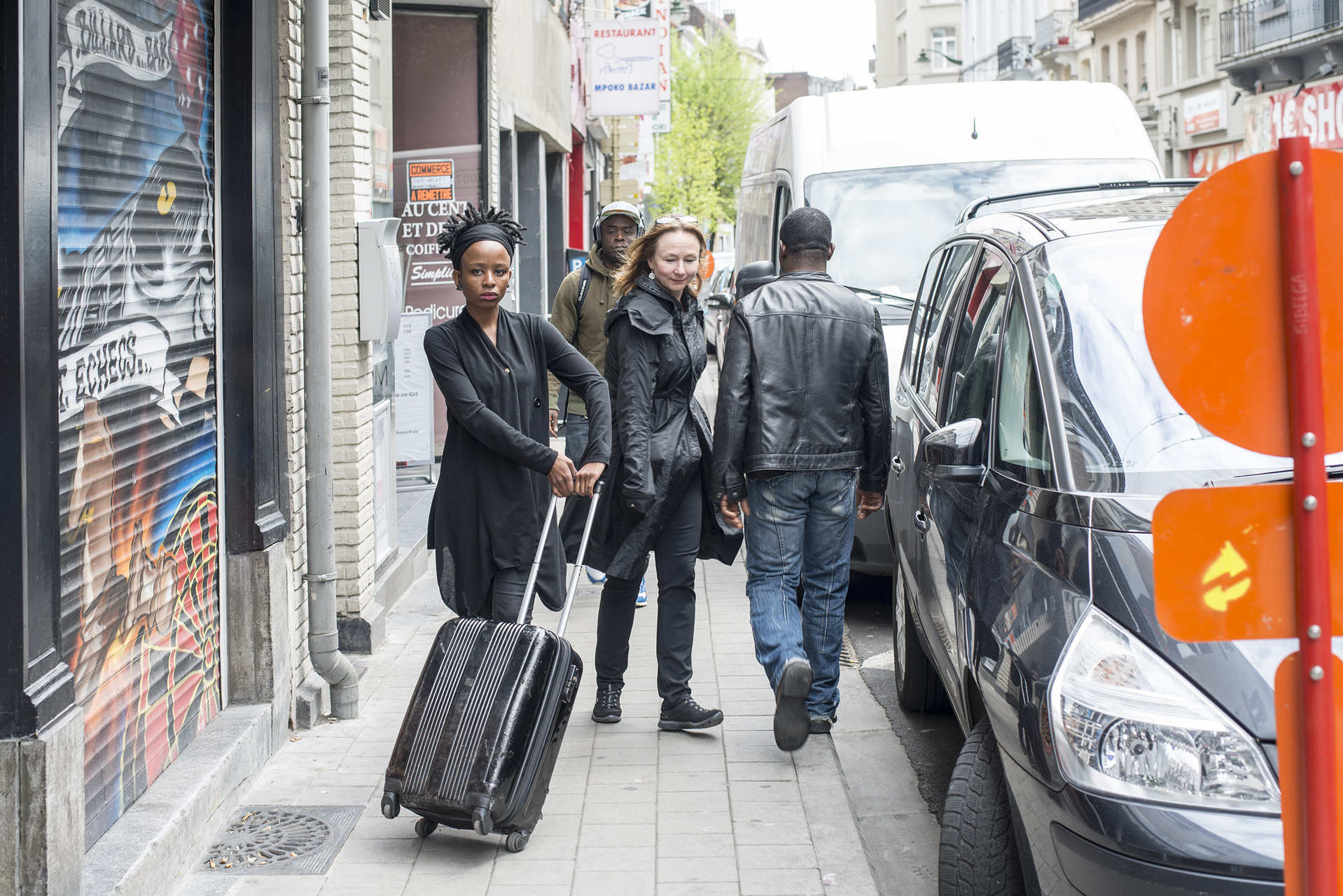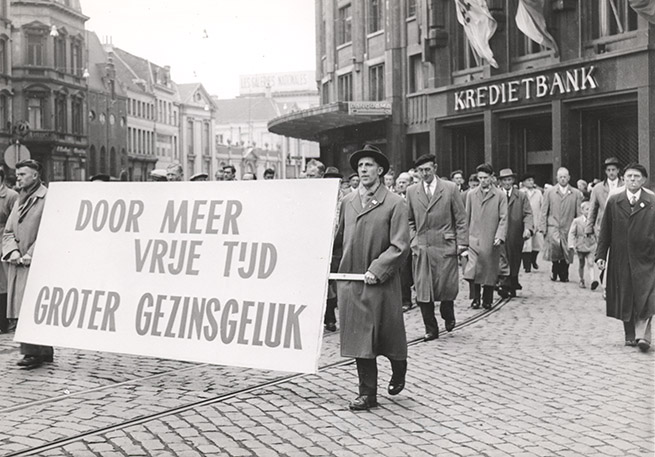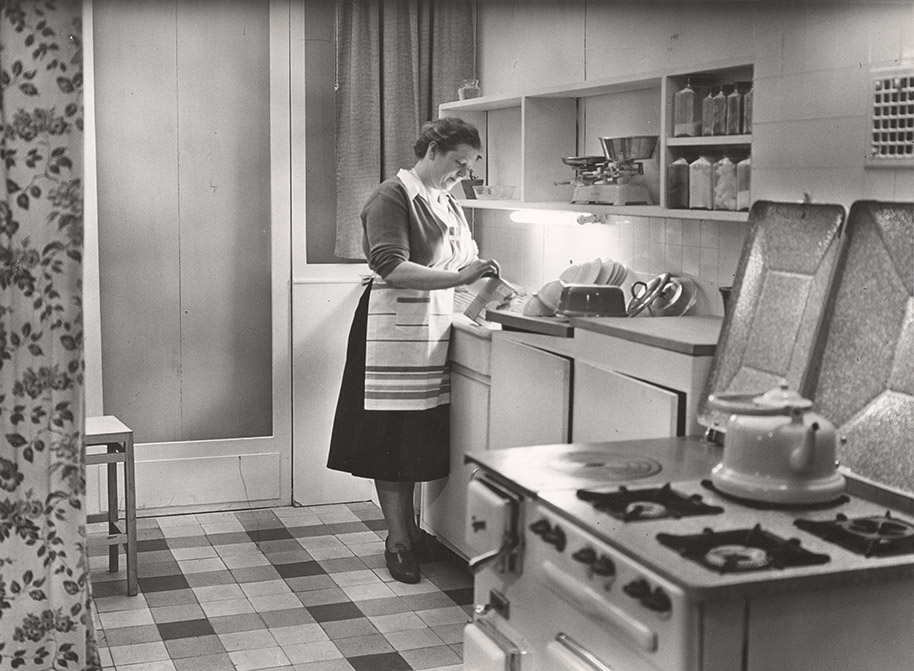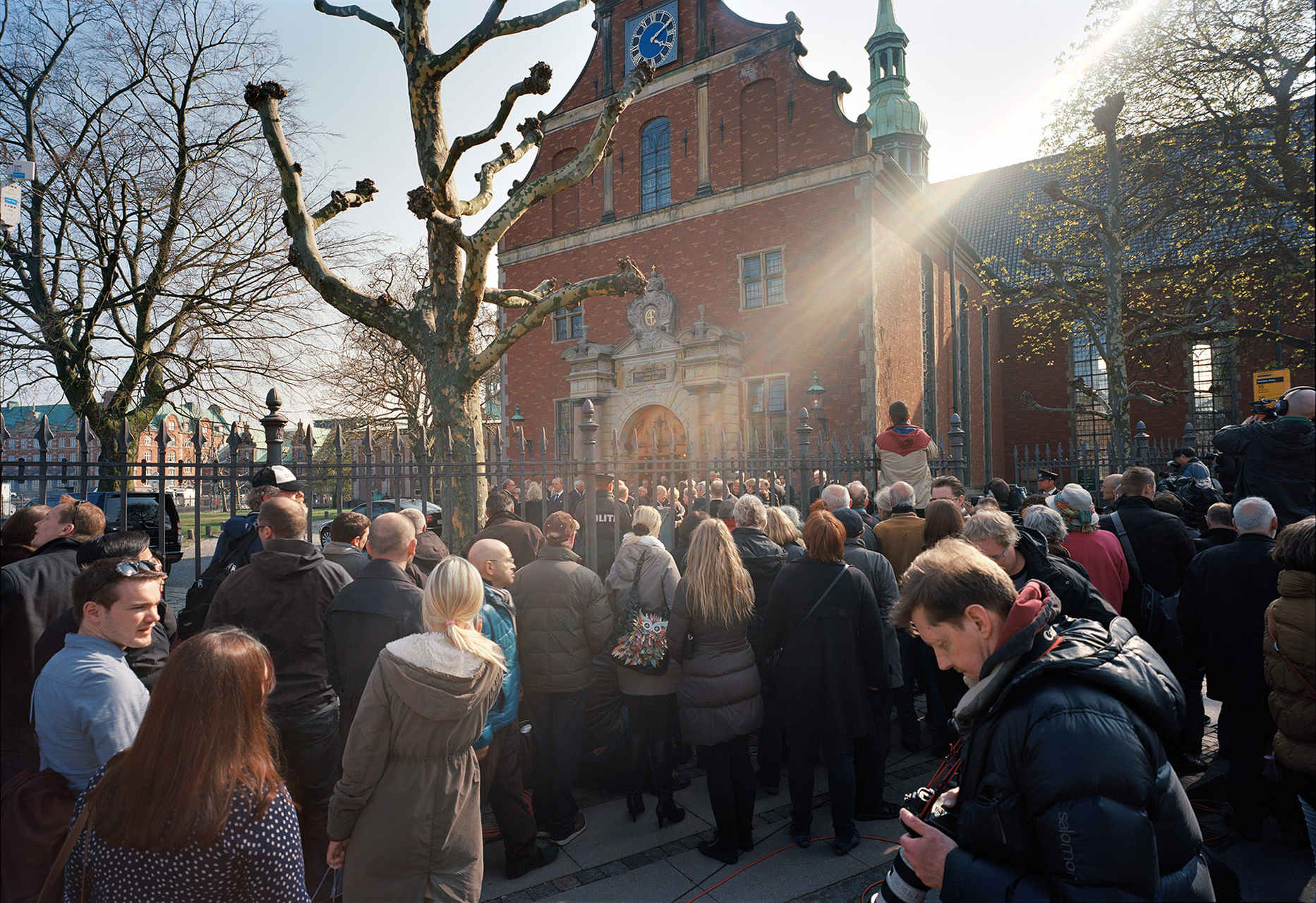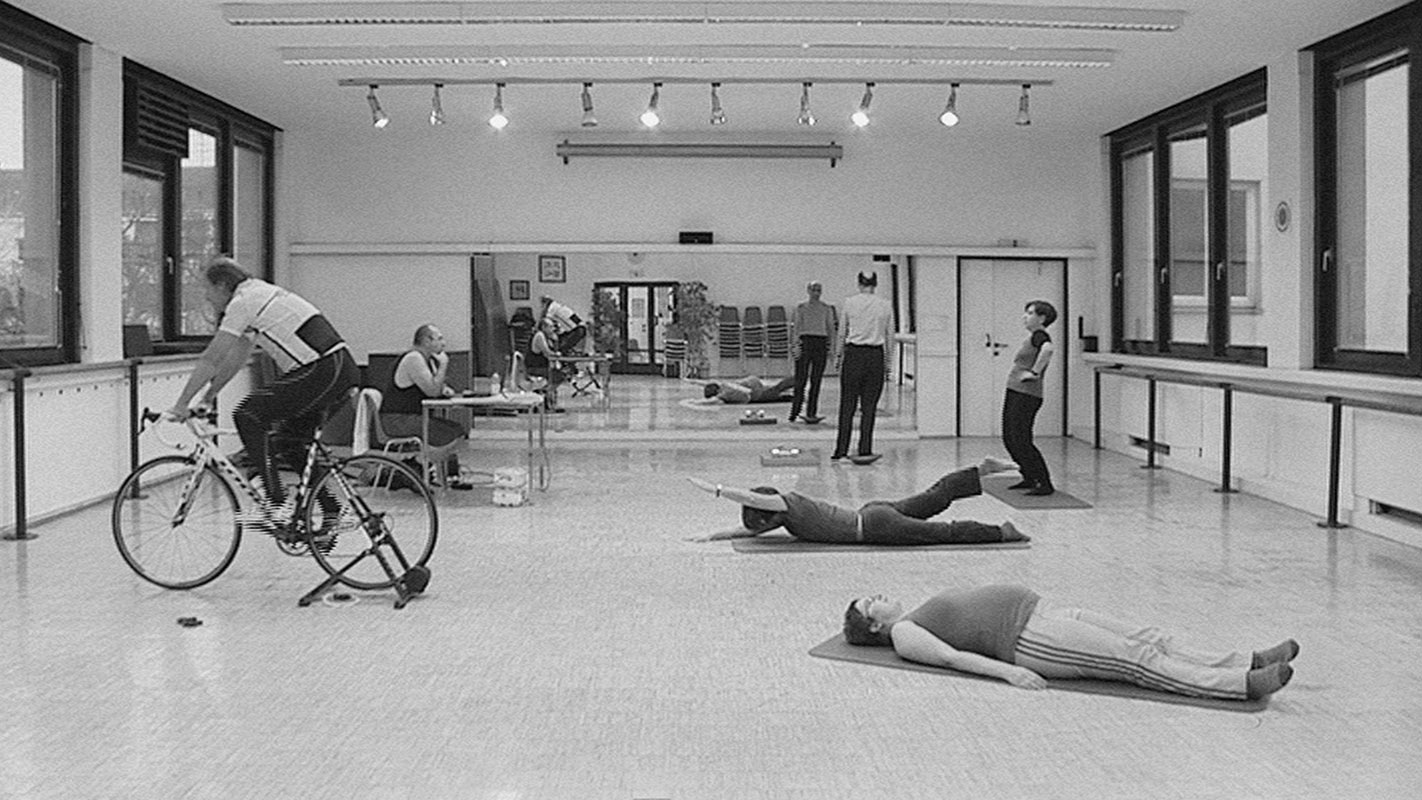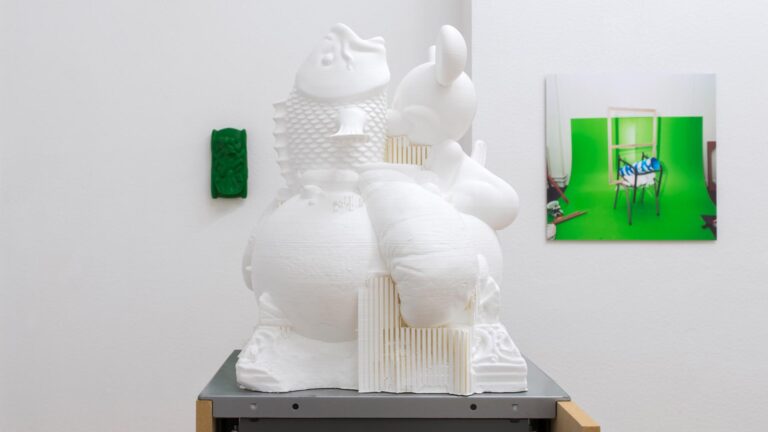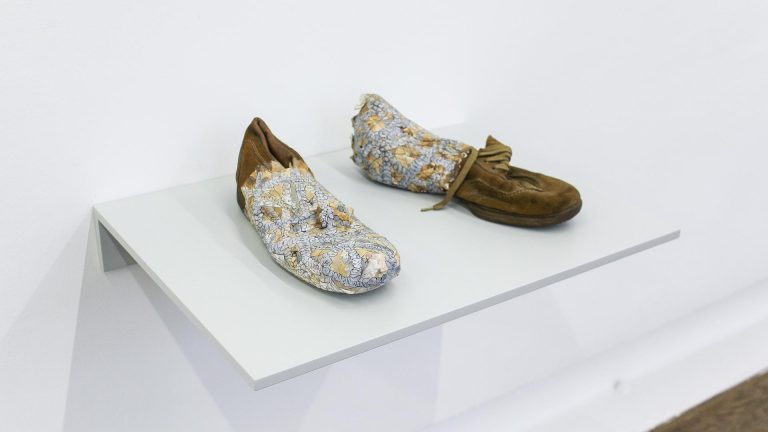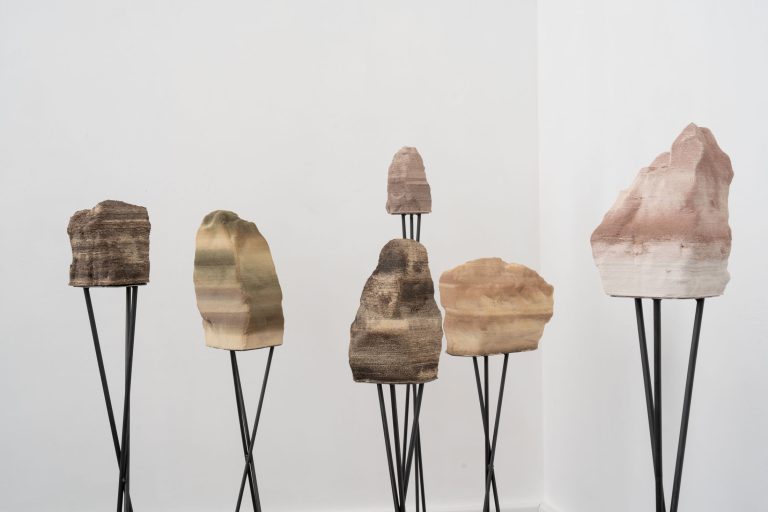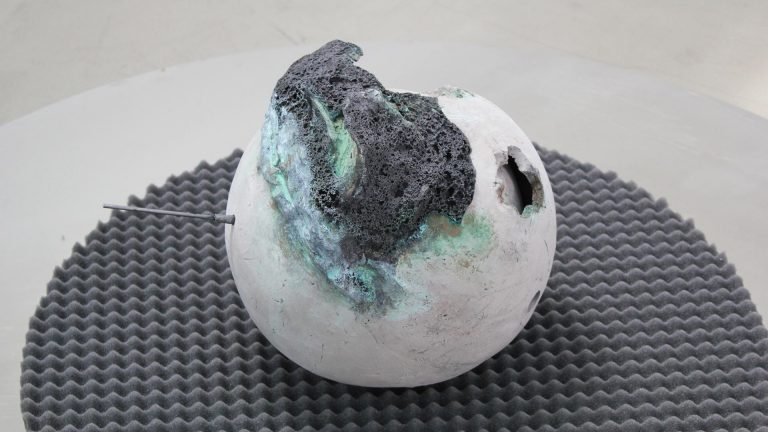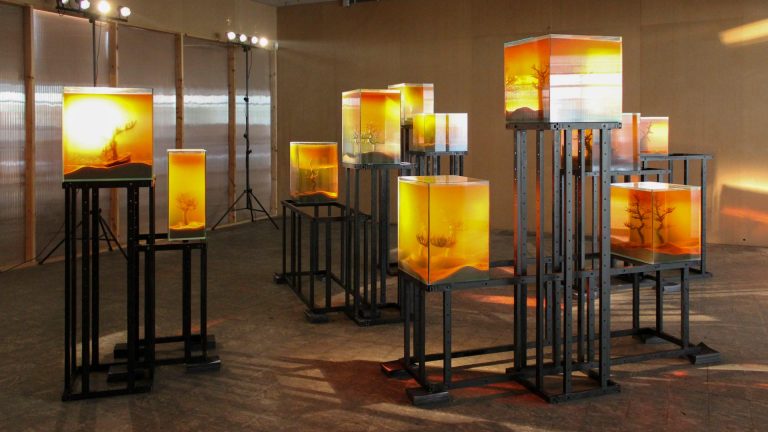Artists: Francisco Camacho Herrera, Josef Dabernig, Kajsa Dahlberg, Róza El-Hassan, Donna Kukama, Artūras Raila, Anne-Mie Van Kerckhoven, Stephen Willats
Exhibition title: The Welfare State
Curated by: Anders Kreuger
Venue: M HKA, Antwerp, Beglium
Date: May 29 – September 27, 2015
Photography: images courtesy of the artist and M HKA, Antwerp
The welfare state is an abstract notion. But also very concrete. Political, but also bureaucratic. What does it have to do with art? The welfare state operates with regulations, rights and obligations that apply to everyone in the same way, requiring individuals to identify themselves as members of society first and foremost. In this sense, the welfare state is the antithesis of art. Many artists support the welfare state in both theory and practice, and they are fascinated by rules as such, but they have little interest in following rules formulated by others than themselves…
The exhibition The Welfare State does not look back with nostalgia at the welfare state in its ‘classical’ form as a utopian blueprint for an egalitarian (and homogenous) society in postwar Western Europe. It does not invite artists to ‘illustrate’ political and social engagement. But it does ask some fundamental questions. What is the ‘imaginary’ of the welfare state? Does it have a ‘form’? Can it be ‘shown’?
The Welfare State contains new and existing works by eight artists of different generations: Francisco Camacho Herrera, Josef Dabernig, Kajsa Dahlberg, Róza El-Hassan, Donna Kukama, Artūras Raila, Anne-Mie Van Kerckhoven and Stephen Willats. It also contains visual and textual material from the four cultural archives in Flanders: Amsab and the Liberal Archive in Ghent, KADOC in Leuven and ADVN in Antwerp.
The exhibition is both explicitly and implicitly socio-political, and raises topics of relevance to the current situation in the world, such as the communication between citizens of different socio-economic status, the social implications of artificial intelligence, the changing status of labour, the rise of the European far-right, the plight of refugees from the civil war in Syria or a possible shift to a non-monetary economy.
Anne-Mie Van Kerckhoven, Coromandel, disturbed 1 and 2, 2015. Courtesy the artist and Zeno X Gallery
De Welvaartstaat, Posters, exhibition view at M HKA
Stephen Willats, Oxford Community Data Stream, 2013
Stephen Willats, Oxford Community Data Stream, 2013
Róza El-Hassan, Breeze 9 (Natural Air Conditioning and Adobe Houses), 2015
Anne-Mie Van Kerckhoven, Atman wombman, 1988. Courtesy the artist and Zeno X Gallery
Anne-Mie Van Kerckhoven, Unic, 1992. Courtesy the artist and Zeno X Gallery
Kajsa Dahlberg, Reach, Grasp, Move, Position, Apply Force, 2014–15, (Video still)
Kajsa Dahlberg, Reach, Grasp, Move, Position, Apply Force, 2014–15, (Video still)
Donna Kukuma, What we caught we threw away, what we didn’t catch we kept, 2015
Donna Kukama, The Monument of Apologies, 2015
Camping at the Belgian Coast, 1950s. Courtesy of Amsab–Institute of Social History, Ghent © Rol (Roland Van der Sypt)
Cars in Tunnel of the Small Ring Road in Brussels, 1957 Courtesy of Amsab–Institute of Social History, Ghent © Keystone
A Congolese Family Home in the Community of Matete in Léopoldville’, late 1950s Photograph by Joseph Makula for Inforcongo Courtesy of the Liberal Archives, Ghent (Donation Henri Guillaume)
More Free Time Means Greater Family Happiness’ Courtesy of KADOC–Documentation and Research Centre for Religion, Culture and Society, Leuven
More Free Time Means Greater Family Happiness’ Courtesy of KADOC–Documentation and Research Centre for Religion, Culture and Society, Leuven
Josef Dabernig, excursus on fitness, 2010, (Video still) © Bildrecht Wien
‘Convalescents at the Clinic of the Lovanium University in Léopoldville’, late 1950s Photograph by Joseph Makula for Inforcongo Courtesy of the Liberal Archives, Ghent (Donation Henri Guillaume)
Josef Dabernig, Hotel Roccalba, 2008. (Stills from Super16 footage) © Bildrecht Wien

